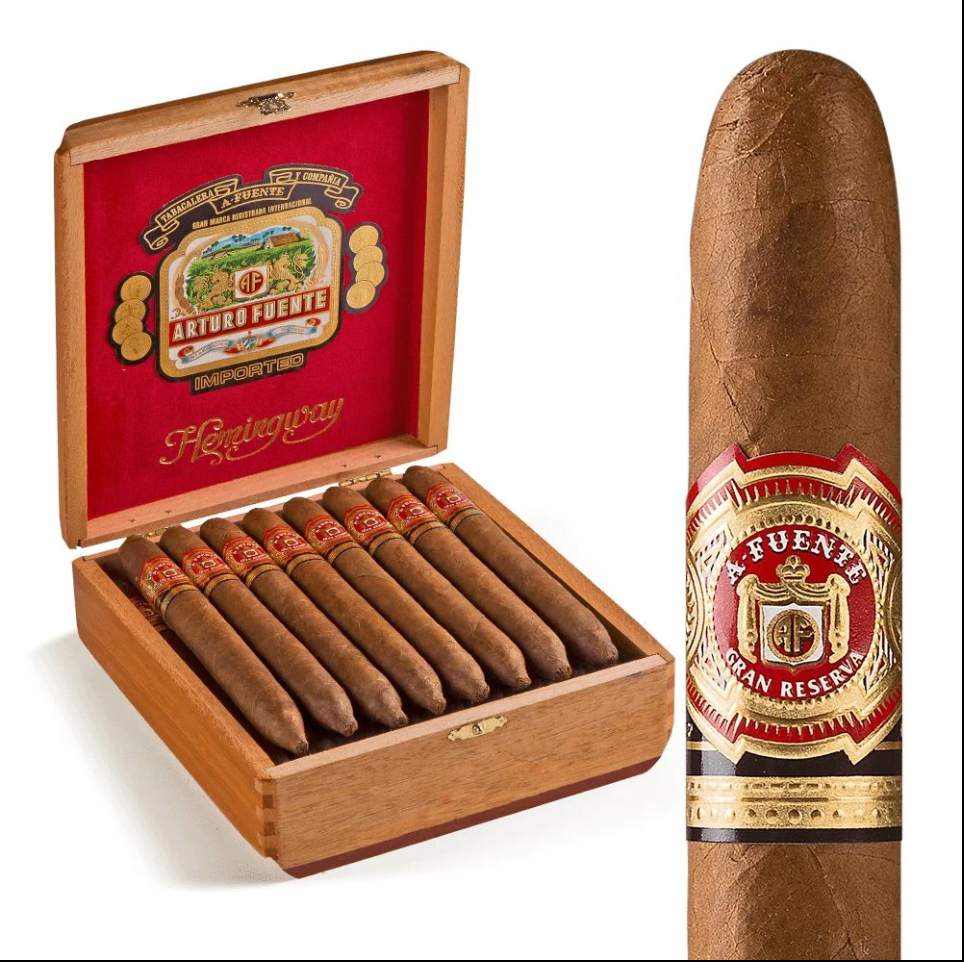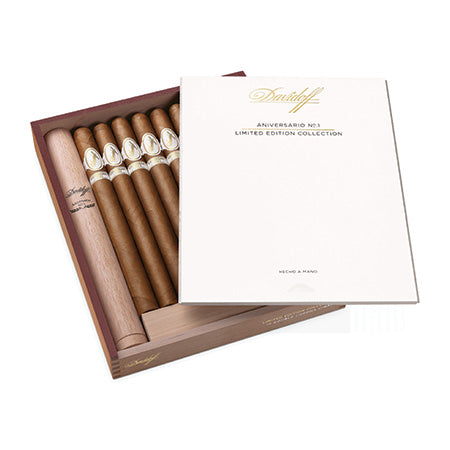Aging cigars is a practice that can transform your smoking experience, allowing flavors to develop and mellow over time. Much like fine wine, cigars can benefit from proper aging, enhancing their complexity, smoothness, and overall quality. If you’re curious about aging cigars, here’s a guide to get you started.
Why Age Cigars?
Freshly rolled cigars often contain moisture and oils that can result in sharp or uneven flavors. Aging allows these components to settle, blending the tobacco’s natural flavors and reducing any harshness. Over time, cigars develop richer, more nuanced profiles, often with smoother draws and enhanced aromas.
What Cigars Should You Age?
Not all cigars benefit equally from aging. Premium cigars made with high-quality, long-filler tobaccos are ideal candidates. Cigars with stronger profiles or those containing fuller-bodied tobaccos, like Maduro or Sun Grown wrappers, often age beautifully as their robust characteristics mellow into a refined complexity.
However, lighter-bodied cigars, such as those with Connecticut Shade wrappers, may not age as dramatically since they are designed for immediate enjoyment.
How to Age Cigars: Step-by-Step
-
Choose a Humidor
A humidor is essential for aging cigars. Ensure it is well-maintained, with a stable temperature between 65–70°F (18–21°C) and a relative humidity of 65–70%. This environment prevents cigars from drying out or becoming overly moist. -
Organize Your Cigars
Store cigars in their original boxes or cedar sleeves, as cedar wood enhances aging by imparting subtle flavors and maintaining consistent humidity. Avoid crowding to allow air circulation. -
Rotate Occasionally
If you store multiple layers of cigars, rotate them every few months to ensure even aging. -
Be Patient
Aging cigars takes time. Most cigars show noticeable improvement after 6 months, but the magic truly happens at the 1–3 year mark. Some enthusiasts even age cigars for 5–10 years for unparalleled complexity. -
Monitor Regularly
Check your humidor periodically to ensure it’s functioning properly. Invest in a reliable hygrometer to keep track of humidity levels.
How Long Should You Age?
The optimal aging period depends on the cigar and your personal taste. Start by aging a few cigars from the same box for different durations—six months, one year, and two years—then compare the results. This experiment helps you determine your ideal aging period.
Tips for Success
- Avoid Over-Aging: Cigars can reach a peak and decline in flavor after extended aging (often 10+ years).
- Experiment with Pairings: Aged cigars often pair exceptionally well with fine spirits or coffee.
- Label and Date: Keep a record of when you started aging each batch for easy tracking.
Conclusion
Aging cigars is a rewarding process that elevates the art of cigar appreciation. With patience, the right environment, and some experimentation, you can enjoy a truly enhanced smoking experience, savoring flavors and aromas that only time can reveal.
Start aging your cigars today, and discover the depth and richness that lies in waiting.












